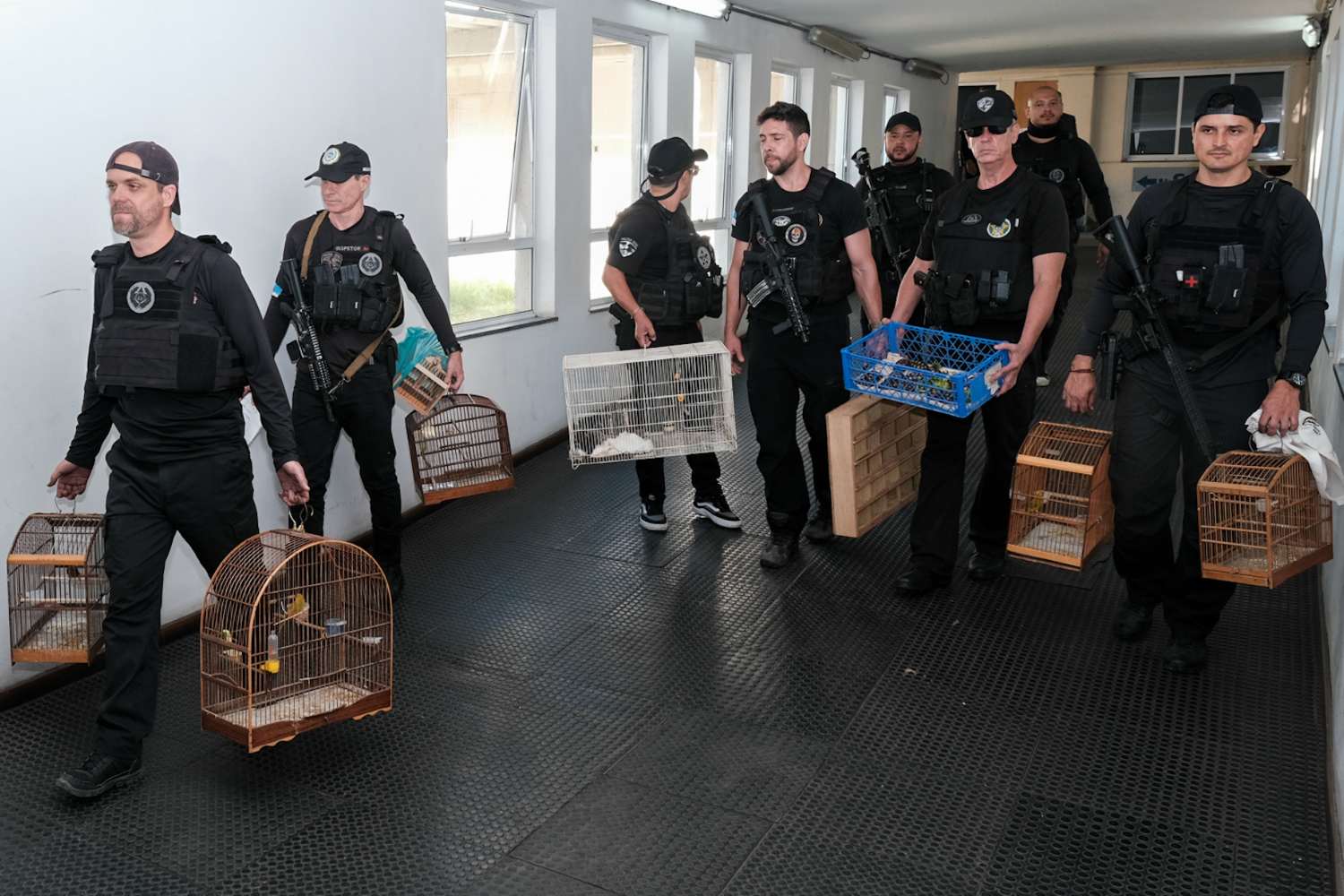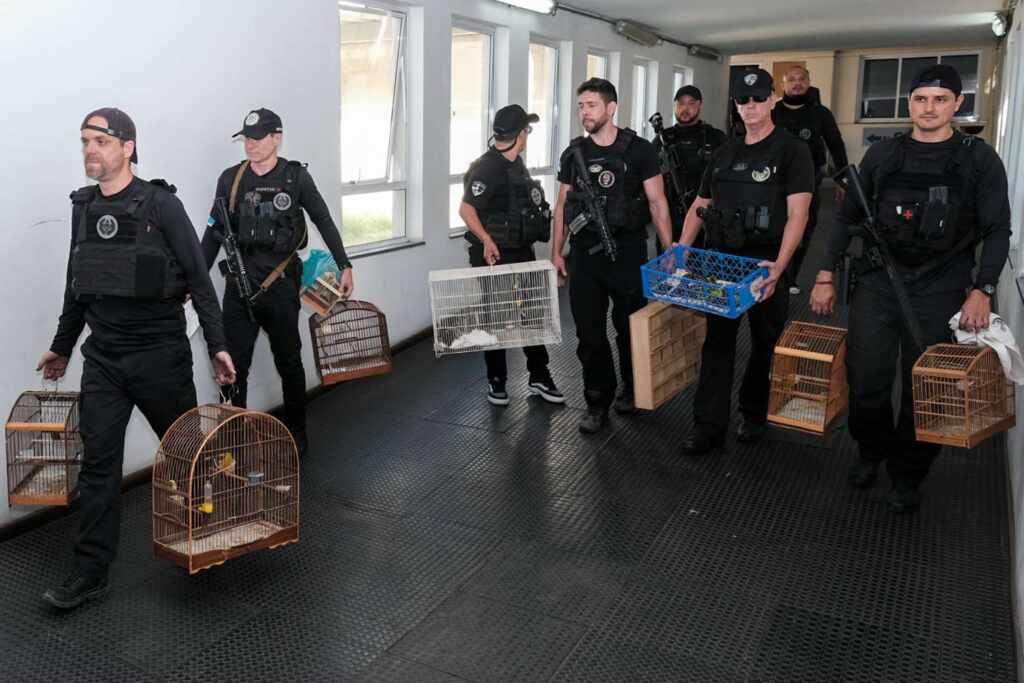Operation São Francisco, Brazil’s largest-ever crackdown on wildlife trafficking, rescued 800 animals and dismantled a criminal network tied to weapons, violence, and organized crime.

@Carlos Magno
The government of the state of Rio de Janeiro has led one of the largest police operations ever carried out in Brazil. Known as Operation São Francisco, it mobilized more than one thousand civil officers after a year-long investigation targeting a network that had been exploiting the illegal wildlife trade for decades.
So far, seventeen people have been taken into custody. Authorities executed more than forty arrest warrants and over 270 searches and seizures across several regions, from the state capital to the Baixada Fluminense, from the Lake District to São Paulo and Minas Gerais. In the process, more than 800 wild animals were rescued, representing dozens of different species.

@Carlos Magno
Beyond animals: weapons, violence, and organized crime
The inquiry revealed that this network wasn’t just trading animals. It was also moving weapons and ammunition, feeding the cycle of urban violence and forging ties with national-level criminal factions. According to the authorities, at least 145 people were involved, divided into groups with specific roles—hunters, traffickers, and even document forgers producing fake papers to disguise the origin of the animals.
Governor Cláudio Castro framed the operation as a direct challenge to criminal power:
“This operation is a clear response to the supremacy of the gangs. Rio will not retreat in the face of organized crime.”
A deadly corridor for wildlife
Investigators described the trade as nothing less than a “corridor of death,” with many animals dying before they even reached their buyers. Among the most disturbing cases was a group specialized in primates: they drugged them, captured them even inside protected areas such as Tijuca National Park, and sold them on the black market.
Environment Secretary Bernardo Rossi condemned the practice in stark terms: “This traffic is a silent extermination of wildlife, a practice that directly undermines biodiversity and destroys Brazil’s ecosystems.”
Coordinated action and care for survivors
The operation also involved the Public Ministry, the Federal Police, Ibama, and the State Environment Institute (Inea), in what officials described as a coordinated action without precedent. To ensure the well-being of the rescued animals, a support base was set up in Rio’s Police City, where veterinarians provide treatment and experts evaluate their condition before transferring them to centers that prepare them for release back into the wild.
More than arrests, a signal
Operation São Francisco is therefore more than just a massive raid. It sends a powerful message: defending Brazil’s wildlife also means dismantling criminal networks built on violence, forgery, and illegal trade.
Source: Government of Brazil
